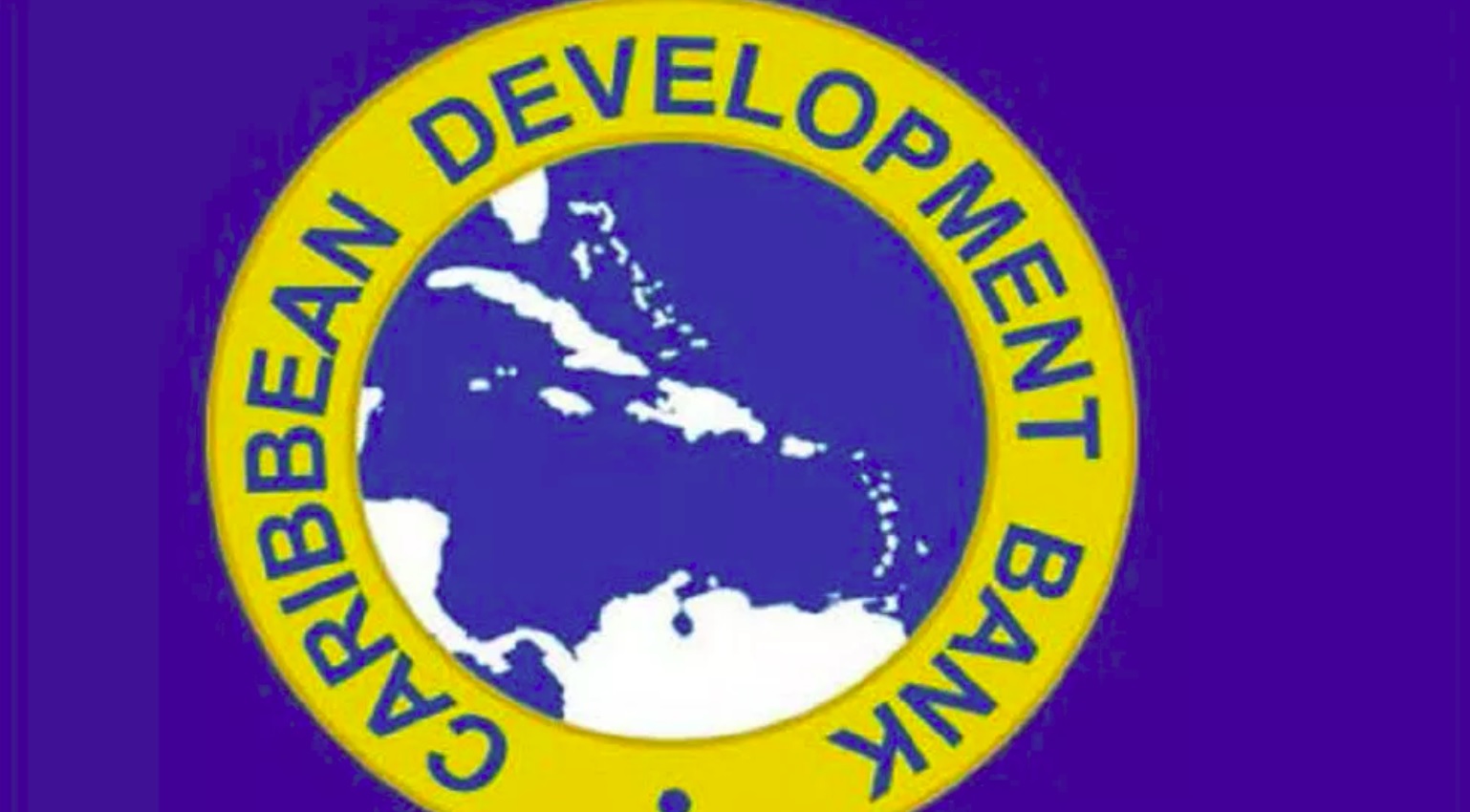A High Court judge has ordered Trinidad and Tobago to pay a total of TT$2.4 million to more than 24 Venezuelan nationals who had entered the country illegally and were later arrested by police in July 2020.
Justice Carol Gobin said she did not award the migrants “substantial damages” for the “loss of something which, as migrants who are here illegally, could not enjoy,” but awarded them “nominal and vindicatory damages” for the “inhumane and degrading conditions” under which they were detained.
“For the children, it was simply cruel,” said the judge.
The payment is to compensate the migrants for their illegal detention at two police stations in the southwestern district.
The men were detained at the Siparia Police Station in dark, hot cells and the women and children stayed in corridors at the Fyzabad Police Station without privacy and with no provisions for their hygiene.
Justice Gobin’s order came after the State conceded in its legal challenge and judgment was entered against the Attorney General.
Before that took place, the group was released on August 17, 2020, and put on supervision orders by the immigration division.
Gobin was tasked to assess compensation for three cases and the parties agreed that the awards made on those will be adopted in the remaining cases.
The cases before Gobin were selected because they involved an adult male, an adult female, and a child as a cross-section of the larger group.
At least 16 minors would benefit from the court’s assessment and receive TT$1,760,000 in damages while at least 13 adults would receive TT$650,000.
Justice Gobin, in her ruling, noted the need for clarity in the enforcement of immigration laws to assist police and immigration officers.
“As these cases show, if the point of their crackdowns, raids and immigration interventions was to deter illegal migrants, and to enforce the law, then the lack of follow-through by the minister after their efforts might well be undermining their efforts.”
She said although the group’s detention was “inevitable,” since they entered Trinidad and Tobago illegally, there was an inordinate and lamentable delay of 14 days in the police coordinating with immigration authorities, who also experienced interference in their operations because of the coronavirus (COVID-19) pandemic.
The court heard that the group was arrested in the early hours of July 26, 2020, and released five days later after they were interviewed by immigration officials.
In her ruling, Gobin acknowledged that immigration policy was a matter for the government.
But, she said “these cases show that clarity in the policy in relation to economic migrants is necessary.
“More than three years have passed since the claimants were arrested in July 2020. They are still here and remain at large.”
She said immigration officials said they were waiting for the Minister of National Security and the Attorney General to be told what to do with them.
She said the supervision orders have been routinely renewed subject to certain conditions, two of which cloud the immigration policy.
“The supervision order imposes no restriction on their continuing to work…Clearly, our immigration authorities contemplate that migrants will work while they are under supervision orders.
“In the light of this all, it is small wonder that persons who are escaping harsh economic conditions to seek a better life continue to take the risk.
“If the policy is to allow migrants to remain here with the state’s permission and with the state’s knowledge that they are providing labour then should there be some minimum regulation that protects against exploitation.
“But there is a crowning irony.”
She said the supervision orders imposed a further condition that the subject shall not travel outside Trinidad and Tobago without permission from the chief immigration officer.
“Immigrants may be getting the message that they are not required to leave or that they cannot leave even if they want to without permission.”
Justice Gobin also ordered the State to pay the claimants’ costs.




